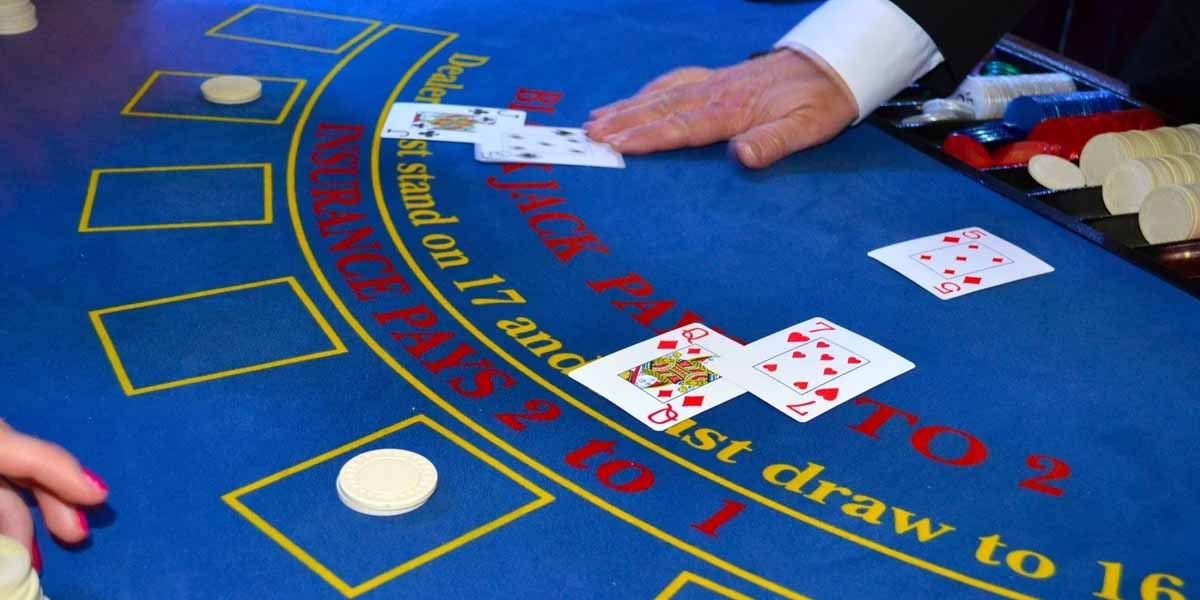- Frequent tipping in live dealer blackjack can raise the effective house edge from under 1% to over 5%.
- Eliminating tips entirely preserves your edge and avoids turning skilled play into guaranteed losses.
LAS VEGAS – Live dealer blackjack blends the ease of playing blackjack online with the ambiance of a casino, including the custom of tipping. Although tipping may seem like a small gesture, it serves as an extra house advantage that has a direct effect on your projected value and long-term financial success at legal blackjack sites.
In optimal play with basic strategy, the house edge typically ranges from 0.5% to 1%. Tipping adds a secondary edge that compounds losses over time, particularly affecting high roller blackjack sites where betting volumes are substantial.
Consider a player betting $20 per hand at 80 hands per hour over a 4-hour session. The mathematical impact varies dramatically based on tipping strategy:
| Tipping Strategy | Hands Played (Total Wagered) | House Edge Loss | Tips Paid | Total Cost (Effective House Edge) |
|---|---|---|---|---|
| No tips | 320 ($6,400) | -$32 | $0 | -$32 (0.5%) |
| $1 per hand | 320 ($6,400) | -$32 | -$320 | -$352 (5.5%) |
| $5 every 10 hands | 320 ($6,400) | -$32 | -$160 | -$192 (3.0%) |
| $20 per hour | 320 ($6,400) | -$32 | -$80 | -$112 (1.75%) |
| $10 on big wins only (4x/session) | 320 ($6,400) | -$32 | -$40 | -$72 (1.1%) |
The table reveals that frequent small tips create the most severe damage. A player tipping $1 per hand faces an effective house edge of 5.5%, making them lose eleven times more than the game itself costs. Even moderate tipping of $5 every 10 hands triples the effective house edge to 3.0%.
Tipping only on significant wins represents a mathematically superior approach when players choose to tip. By restricting tips to occasional large wins, the effective house edge increases minimally from 0.5% to 1.1%. This strategy ties tipping costs to winning sessions rather than creating a constant drain regardless of results.
The Case for Zero Tipping
From a pure profit-maximization perspective, eliminating tips entirely is mathematically optimal. Tipping represents a percentage of profits far larger than its percentage of total risk, dramatically slowing bankroll growth for players attempting to build capital through proper blackjack bankroll management.
In reality, tipping rarely yields the expected advantages. In order to avoid looking complicit with winning players, dealers frequently disregard tips or even tighten up when they receive them. This means that the tip's guaranteed loss nearly never outweighs the tip's uncertain prospective gain.
For players focused solely on maximizing returns, the mathematics are unambiguous. Zero tipping preserves your edge completely and avoids converting skilled play into guaranteed losses.

